
Auditory Agnosia: Breaking Down The Different Types, Symptoms, and Treatment Options for This Neurological Disorder
Imagine hearing a sound loud and clear—but not being able to make sense of what it means. You might hear a dog barking but not

Imagine hearing a sound loud and clear—but not being able to make sense of what it means. You might hear a dog barking but not
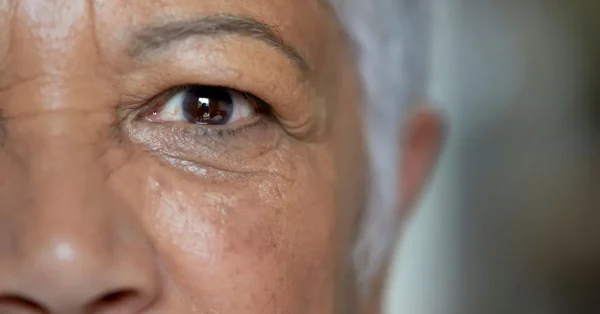
Have you ever felt like you’re looking right at something but just not seeing it? Maybe you’ve bumped into furniture on one side of a
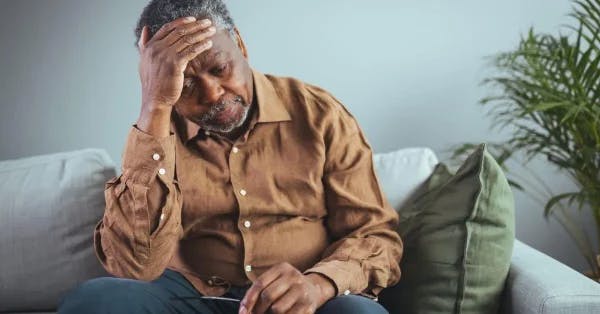
The signs of decline after stroke can manifest in different ways. These can include affecting physical abilities, cognitive function, and even emotional well-being. Knowing these
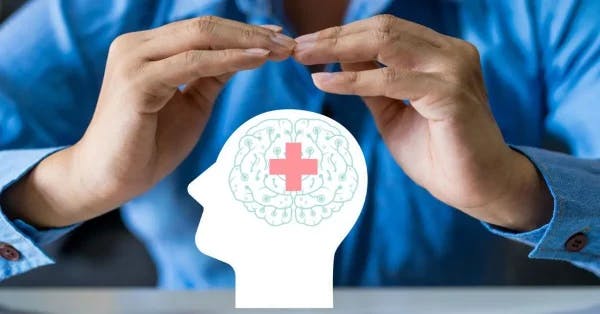
A stroke can turn your world upside down. Beyond the physical challenges, many survivors experience a rollercoaster of emotions. However, while these emotional shifts can

Behavior changes after stroke can occur throughout the recovery process. Some changes, however, can indicate the presence of other medical complications that require treatment. This
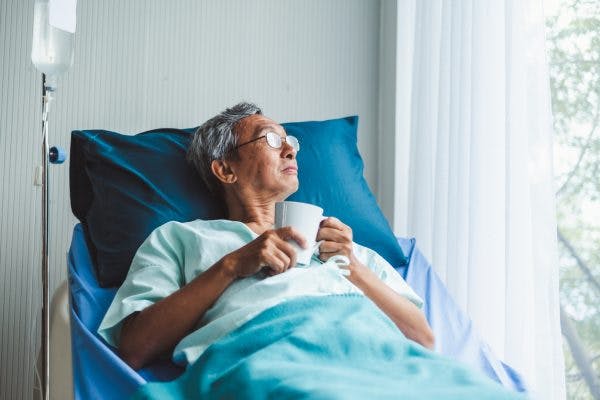
Vomiting after stroke may be serious, as it may indicate the onset of another stroke. Furthermore, frequent vomiting can gradually deplete the body of vital

If you or a loved one can’t recognize faces after a stroke, it could be prosopagnosia — also known as “facial blindness.” This article will discuss the
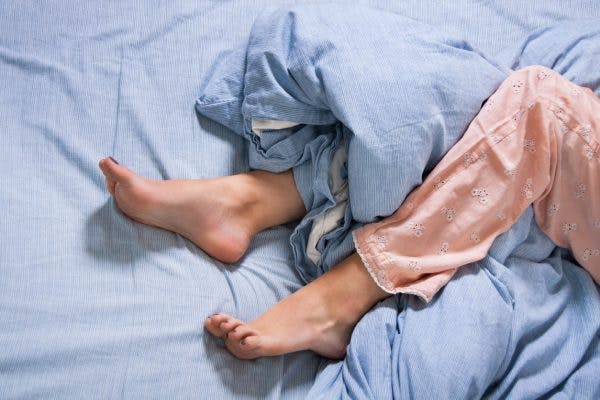
Restless leg syndrome after stroke can lead to insomnia and affect your quality of life. Therefore, treatment is often desirable for many patients. But where
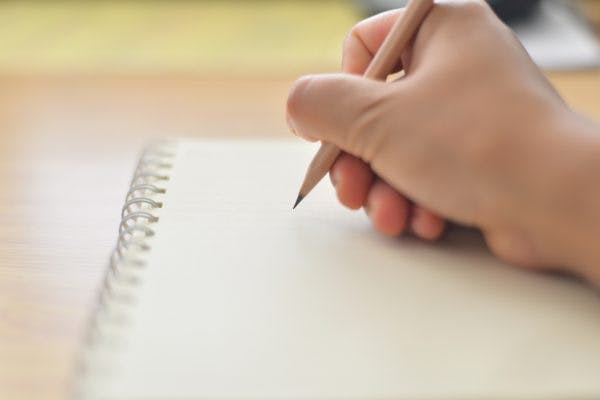
The inability to write after a stroke is called agraphia. It’s primarily caused by impaired motor control in the hand (peripheral agraphia) or disrupted language processing
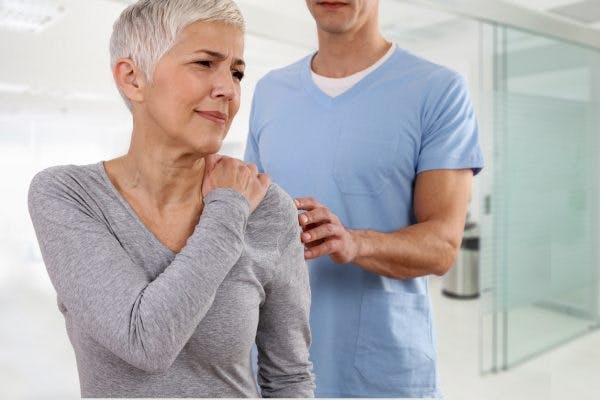
Have you ever felt alarmed by muscle twitching after stroke and wondered what caused it? Sometimes muscle twitching is a sign of spasticity, but it

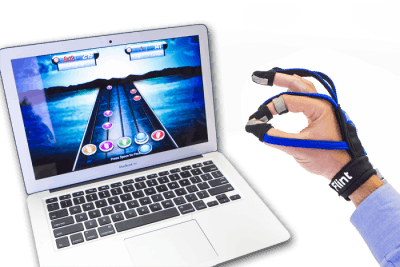
Take the first step towards recovery.